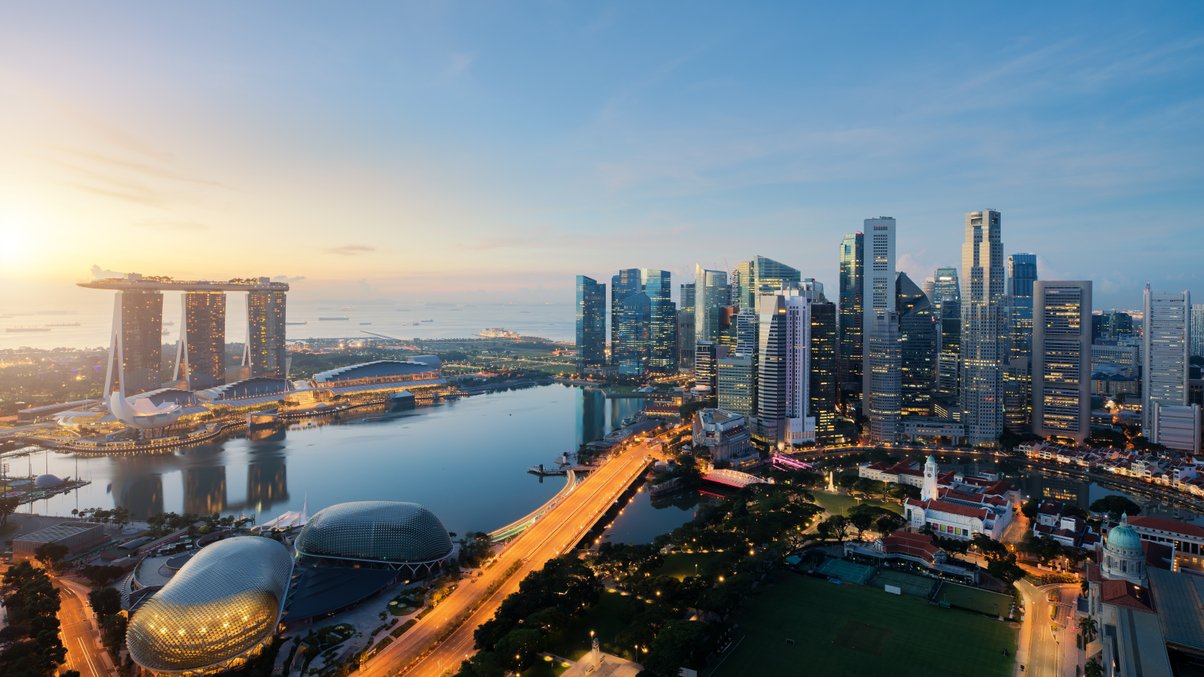Singapore's Temasek posts strongest returns in 11 years
The state investor achieved the highest shareholder returns since 2010, when it had 43% returns, and a record net portfolio value, its latest annual results show.

Singapore's state investor Temasek posted 24.53% returns for the financial year ending March 31, marking the highest shareholder returns achieved by the fund since 2010.
Sign in to read on!
Registered users get 2 free articles in 30 days.
Subscribers have full unlimited access to AsianInvestor
Not signed up? New users get 2 free articles per month, plus a 7-day unlimited free trial.
¬ Haymarket Media Limited. All rights reserved.


